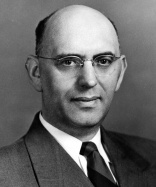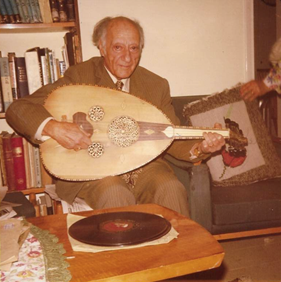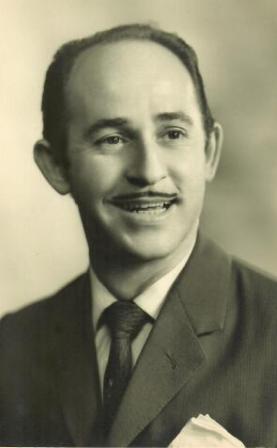Hugo Adler was born in Antwerp, Belgium. He sang in the choir of Yossele Roenblatt in Hamburg, officiated as cantor in the Haupt-Synagoge in Mannheim, Germany (1921-1939), and studied composition with Ernst Toch. In 1939, he immigrated to the US, and there he officiated as cantor at Temple Emanuel in Worcester, Massachusetts from 1940 until his death in 1955.
While in Europe, Adler composed, among others, the cantatas Licht und Volk, a Maccabean cantata (performed in 1931), and Balak und Bileam (1934), which followed the Brechtian concept of Lehrstueck (learning-play). Additionally, he composed a Biblical oratorio, Akeddah (1938), whose premier was cancelled due to Kristallnacht. While in the US, he composed complete liturgies, many short pieces, and several cantatas on Judaic subjects, such as Jonah (1949). Adler replaced much of the 19th century liturgical music with new and modern musical settings. In 1942 he was awarded first prize by the Central Conference of American Rabbis for his liturgical settings.
Hugo Adler is the father of Samuel Adler, a highly renowned composer and educator.
Sources: Encyclopedia Judaica; 'Hugo Adler Compositor y Cantor de Sinagoga' (Blog Classico, Spanish).







